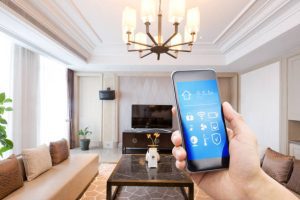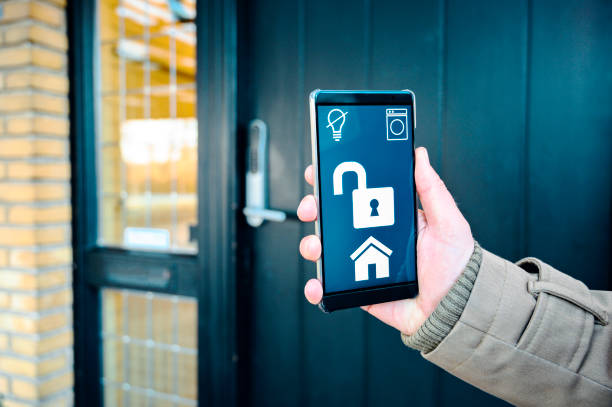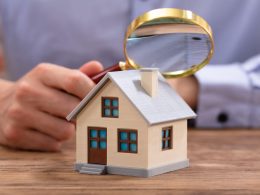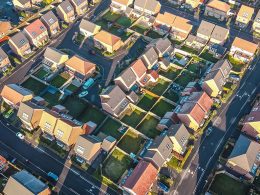Introduction
In the evolving landscape of property management, Smart Technology for Landlords are finding innovative ways to streamline operations, enhance security, and provide better experiences for tenants. One powerful tool that has gained significant traction is smart technology. By integrating intelligent solutions, landlords can transform the way they manage rental properties, making it more efficient, secure, and tenant-friendly.

The Rise of Smart Technology in Property Management
As technology continues to advance, its integration into property management has become more prevalent. Smart technology offers landlords the ability to remotely monitor and control various aspects of their properties, providing them with valuable insights and the means to optimize their management processes.
Key Benefits of Smart Technology for Landlords
- Remote Property Monitoring: Landlords can access real-time data on property conditions, such as temperature, humidity, and energy usage, from anywhere.
- Enhanced Security: Smart security systems, including cameras, motion sensors, and smart locks, contribute to better property security and tenant safety.
- Efficient Maintenance: Sensor-equipped devices can detect issues like leaks or HVAC malfunctions, allowing landlords to address problems promptly.
- Improved Energy Efficiency: Smart thermostats and lighting systems enable remote control of energy consumption, leading to cost savings.
- Tenant Convenience: Smart locks, intercoms, and virtual assistants can enhance the tenant experience by offering convenient access and communication.
Essential Smart Technology Solutions for Rental Properties
- Smart Locks: These allow remote keyless access for tenants and enable landlords to manage access permissions effectively.
- Security Cameras: Video surveillance systems enhance property security and provide evidence in case of incidents.
- Smart Thermostats: Energy-efficient temperature control can be remotely managed, optimizing comfort and reducing utility costs.
- Leak Detectors: These sensors identify water leaks early, preventing potential water damage and expensive repairs.
- Smart Lighting: Automated lighting systems improve energy efficiency and security by simulating occupancy.
Implementing Smart Technology: Tips for Landlords
- Assess Property Needs: Identify areas where smart technology can bring the most value, such as security, energy management, or tenant convenience.
- Research Solutions: Thoroughly research available smart technology products and choose those that align with your property’s requirements.
- Tenant Communication: Inform tenants about the smart technology in place, addressing any privacy concerns and ensuring they understand its benefits.
- Professional Installation: For complex systems, consider hiring professionals to ensure proper installation and integration.
- Remote Monitoring: Regularly access and analyze the data provided by smart devices to make informed decisions about property management.
Conclusion
In conclusion, smart technology has revolutionized property management for landlords, offering remote monitoring, enhanced security, improved energy efficiency, and elevated tenant satisfaction. By selecting the right smart technology solutions, implementing them thoughtfully, and staying informed about the latest trends, landlords can stay ahead in the competitive rental market and create a more streamlined and tenant-friendly property management experience.












